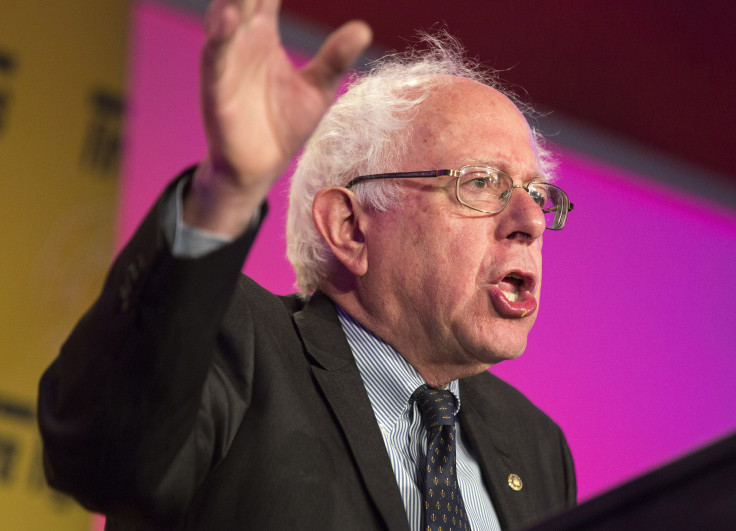Bernie Sanders 2016 Presidential Announcement Live Stream: Watch Vermont Senator Discuss Presidential Run

Vermont Sen. Bernie Sanders, the self-described "democratic socialist," announced his candidacy for the Democratic presidential nomination early Thursday morning after confirming the news to the Associated Press Wednesday night. He's expected to give more details in an official announcement at noon Thursday in Washington. Watch his press conference by clicking here.
Though he is running for the Democratic nomination, Sanders is officially an independent who has served in the Senate since 2007. Prior to that, from 1991 to 2007, he served in the House of Representatives as Vermont's only congressman. He has been elected as an independent, but the Democrats have not run a candidate against him in years. He caucuses with the Democrats in the Senate, however.
Sanders' record is one of outspokenness on issues of income inequality, campaign finance reform, corporate influence in politics, and other matters of social and economic justice. He's widely expected not to win the nomination, but his presence in the 2016 campaign could push the Democratic Party -- and presumed nominee Hillary Clinton -- further to the left and force discussion on the issues about which he is most passionate.
"This country faces more serious problems than at any time since the Great Depression, and there is a horrendous lack of serious political discourse or ideas out there that can address these crises," Sanders told the Nation magazine in an interview last year. At the time, he said, "I am prepared to run for president of the United States," adding that he would "look seriously" at the race.
"We’ve got to bring together trade unionists and working families, our minority communities, environmentalists, young people, the women’s community, the gay community, seniors, veterans, the people who in fact are the vast majority of the American population," Sanders said, offering some hints into what his campaign could look like. "We’ve got to create a progressive agenda and rally people around that agenda."
In March, a CNN/ORC poll found that just 3 percent of Democratic or Democratic-leaning respondents would be most likely to support Sanders in a presidential campaign. By contrast, 62 percent said they would support Clinton, and 15 percent said they would support Vice President Joe Biden.
© Copyright IBTimes 2024. All rights reserved.












